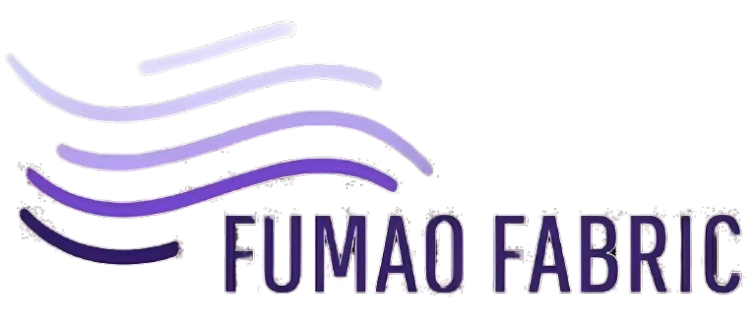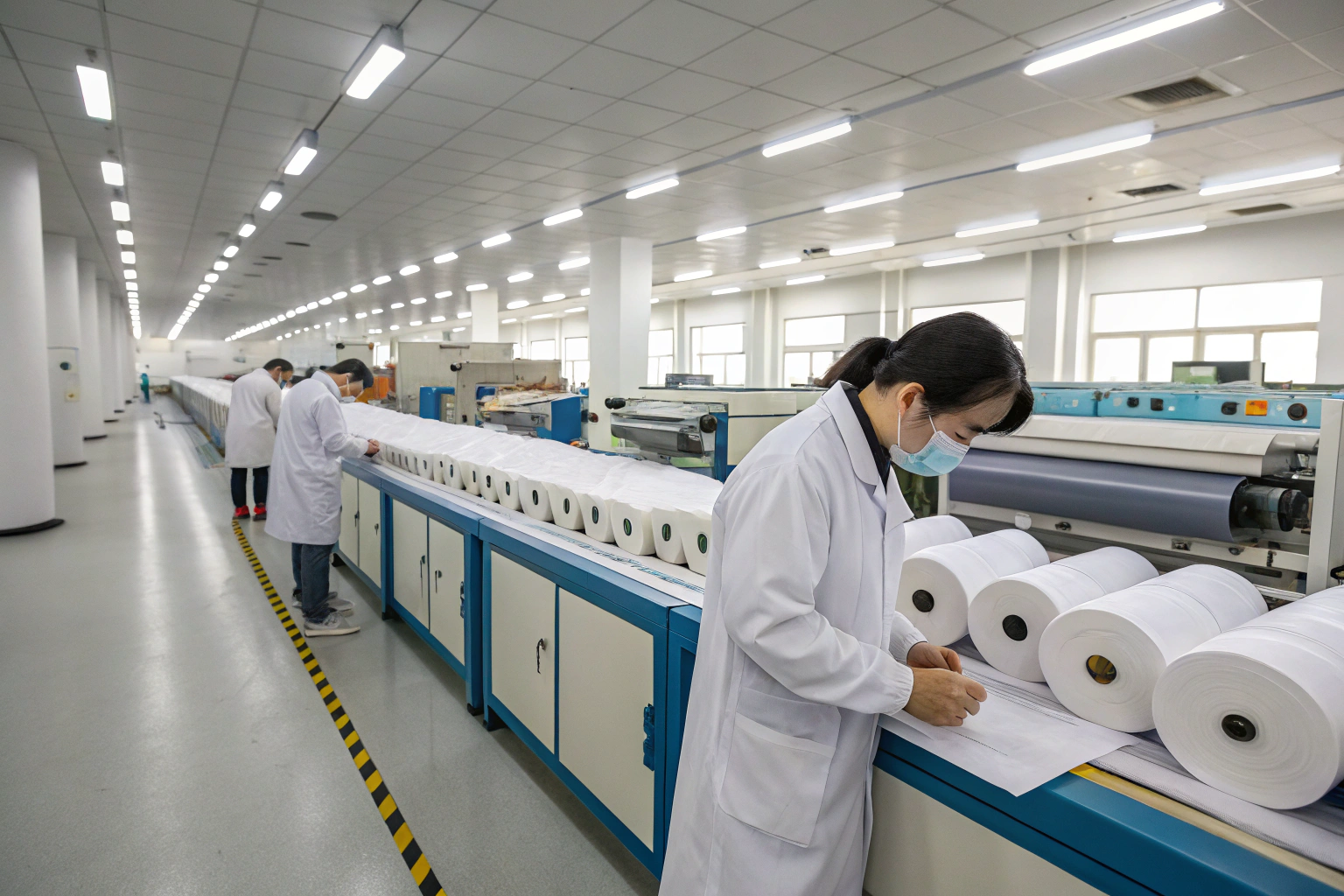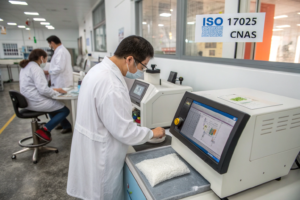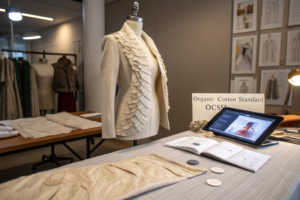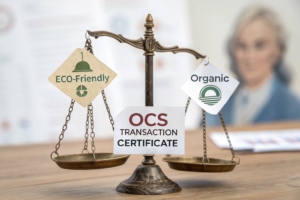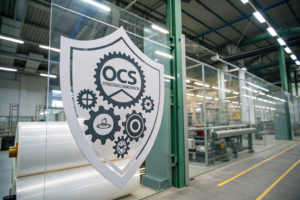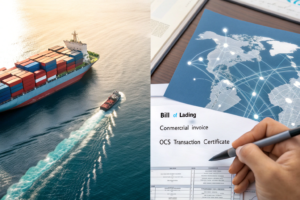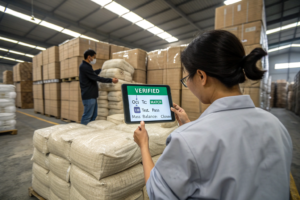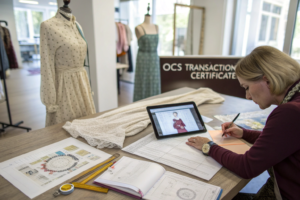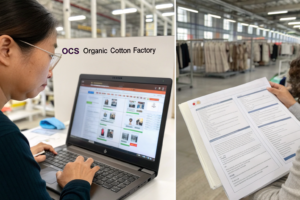The need for high-performance antibacterial and filtration fabrics has never been greater. Buyers and importers often face challenges such as uncertain testing standards, supply chain reliability, and pricing inconsistencies when sourcing fabrics designed to protect against bacterial penetration. Without proper certification, the risks extend to safety, compliance, and customer trust.
The best way to source ISO 22612 tested bacterial filtration fabrics is to work directly with verified manufacturers who offer certified testing, transparent quality control, and global logistics solutions. These suppliers ensure every fabric batch complies with international standards, minimizing risks for buyers in healthcare, fashion, and industrial applications.
To make smart sourcing decisions, it is important to understand what ISO 22612 means, where to find compliant suppliers, and what factors to consider before purchasing.
Why is ISO 22612 Certification Important?
ISO 22612 is an international standard that tests the resistance of protective clothing materials against bacterial penetration carried by dry particles. Buyers in medical, industrial, and fashion segments want to be sure that fabrics meet this benchmark to protect both end users and businesses.
ISO 22612 tested fabrics ensure safety, compliance, and trust, making them essential for buyers in healthcare, personal protective equipment, and high-performance apparel markets.
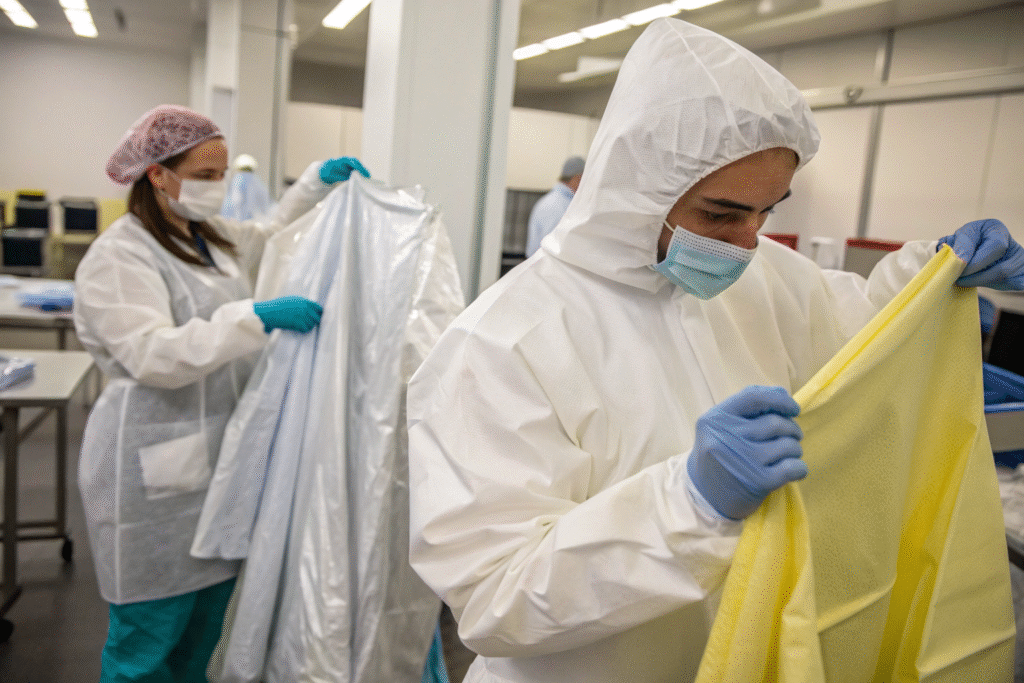
When companies source uncertified fabrics, they risk product recalls, rejected shipments, and even legal penalties. Certified fabrics provide documentation that reassures global clients and regulatory agencies.
What does ISO 22612 test for?
ISO 22612 evaluates how fabrics resist bacterial penetration via dry particles. Unlike general filtration standards, this focuses specifically on microorganism transfer in dry conditions. More details are available on ISO official standards and further explained in SGS testing guidelines.
Who needs ISO 22612 fabrics most?
Industries such as healthcare, protective clothing, and sportswear increasingly rely on bacterial filtration fabrics. Hospitals, PPE brands, and performance wear designers look for suppliers that can prove compliance. A good reference is Medical Device Regulation EU which outlines safety requirements, and the FDA medical textiles page for U.S. buyers.
Where to Find Reliable Suppliers of ISO 22612 Fabrics?
Finding suppliers that offer consistent quality and proper documentation is one of the biggest sourcing challenges. Buyers often face delays, incomplete certificates, or inflated costs from intermediaries.
The most reliable way is to work with textile hubs like Keqiao, Zhejiang in China, where large-scale manufacturers integrate weaving, dyeing, printing, coating, and testing under one roof.
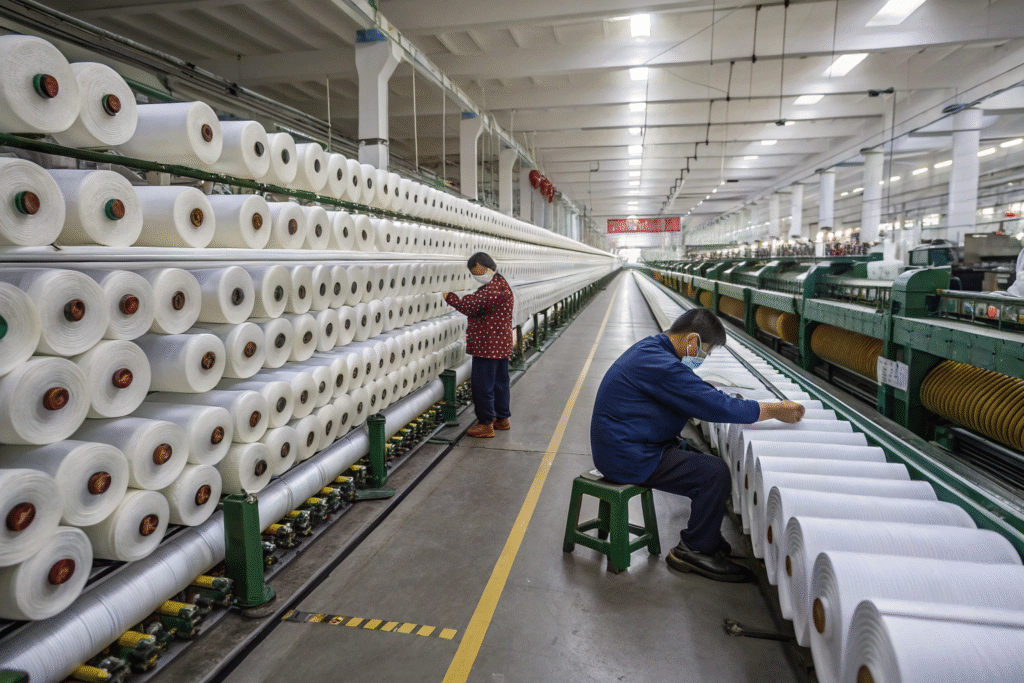
These suppliers combine economies of scale with certification support, ensuring products meet ISO and SGS/ITS standards.
Should you use trading companies or direct factories?
Working with direct factories reduces cost and provides transparency. Trading companies may simplify communication but often add extra margins. Global buyers can check directories such as Alibaba Textile Suppliers and Made-in-China Fabrics to filter certified manufacturers.
How to verify certifications before purchase?
Buyers should always request testing reports from CNAS-accredited labs. Certificates can be cross-checked via CNAS official site or international testing firms like Intertek. Verifying ensures authenticity and avoids fake or outdated certificates.
What Factors to Consider When Sourcing?
Sourcing ISO 22612 fabrics requires more than just checking certifications. Buyers must also evaluate production capacity, pricing terms, and supply chain resilience.
The best practice is to combine certification checks with supply chain due diligence, including lead times, payment security, and logistics planning.
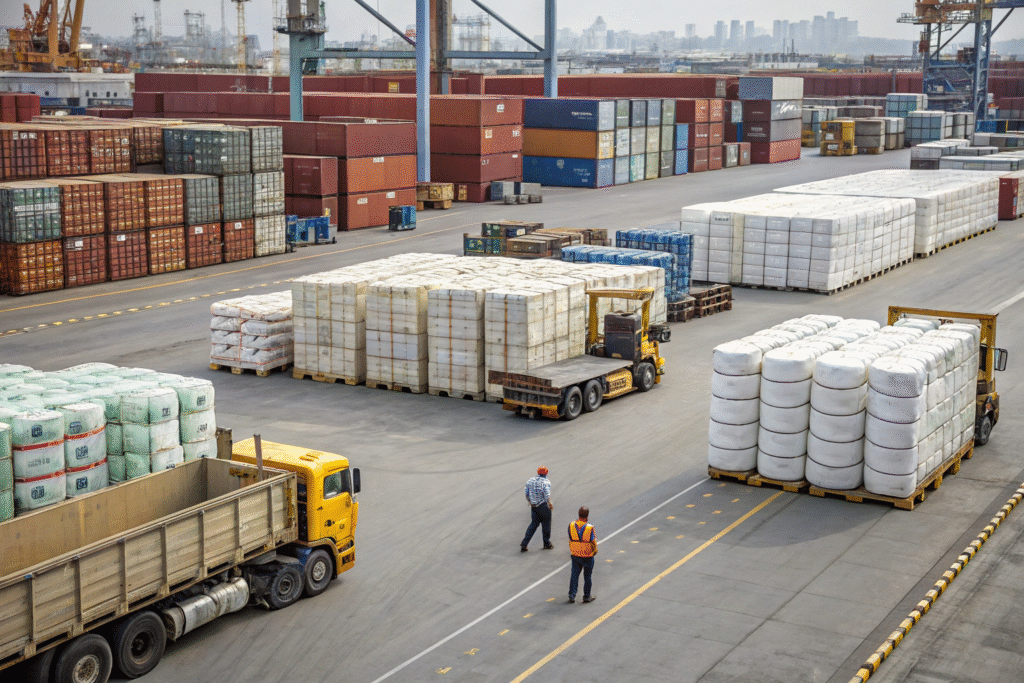
A reliable supplier offers flexible MOQs, transparent costing, and strong export support.
How important is lead time and sample speed?
Fast-moving industries like medical textiles and fashion require rapid sample development. Suppliers in Keqiao can deliver samples within 48 hours, giving buyers an advantage. To compare global logistics, buyers can check DHL Express services and UPS logistics solutions.
What about tariff and customs challenges?
U.S. buyers often face additional costs due to tariffs. A good supplier provides customs clearance support and uses bonded warehouses. More information on tariffs can be checked on the USTR website and import regulations through CBP trade portal.
How to Build Long-Term Partnerships With Suppliers?
Once a buyer identifies reliable suppliers, building trust and long-term cooperation ensures stable supply and better pricing.
Strong partnerships are built on transparency, consistent quality, and shared innovation goals, making suppliers strategic allies rather than just vendors.

Suppliers that invest in R&D, eco-friendly production, and financial stability provide stronger long-term value.
Should you focus on sustainability?
Yes. Global buyers now demand sustainable fabrics, including recycled polyester and organic cotton. A reliable supplier demonstrates green investment and compliance with OEKO-TEX certification and Global Recycled Standard (GRS).
How to secure better pricing and payment terms?
Buyers can negotiate better terms by committing to long-term orders and building trust. Some suppliers partner with banks to ensure financial stability. Reference sources such as HSBC trade finance and Standard Chartered global trade explain secure payment options.
Conclusion
Sourcing ISO 22612 tested bacterial filtration fabrics is not just about finding a supplier. It is about ensuring compliance, safety, and long-term value. By understanding the certification process, identifying reliable suppliers, and considering logistics and sustainability, buyers can secure fabrics that meet international standards and strengthen their market position.
If you are ready to explore ISO 22612 certified antibacterial fabrics for your brand, I invite you to contact our team at Shanghai Fumao. We specialize in high-quality, certified textiles with full customization support. You can reach our Business Director Elaine at elaine@fumaoclothing.com to discuss your fabric sourcing needs.
